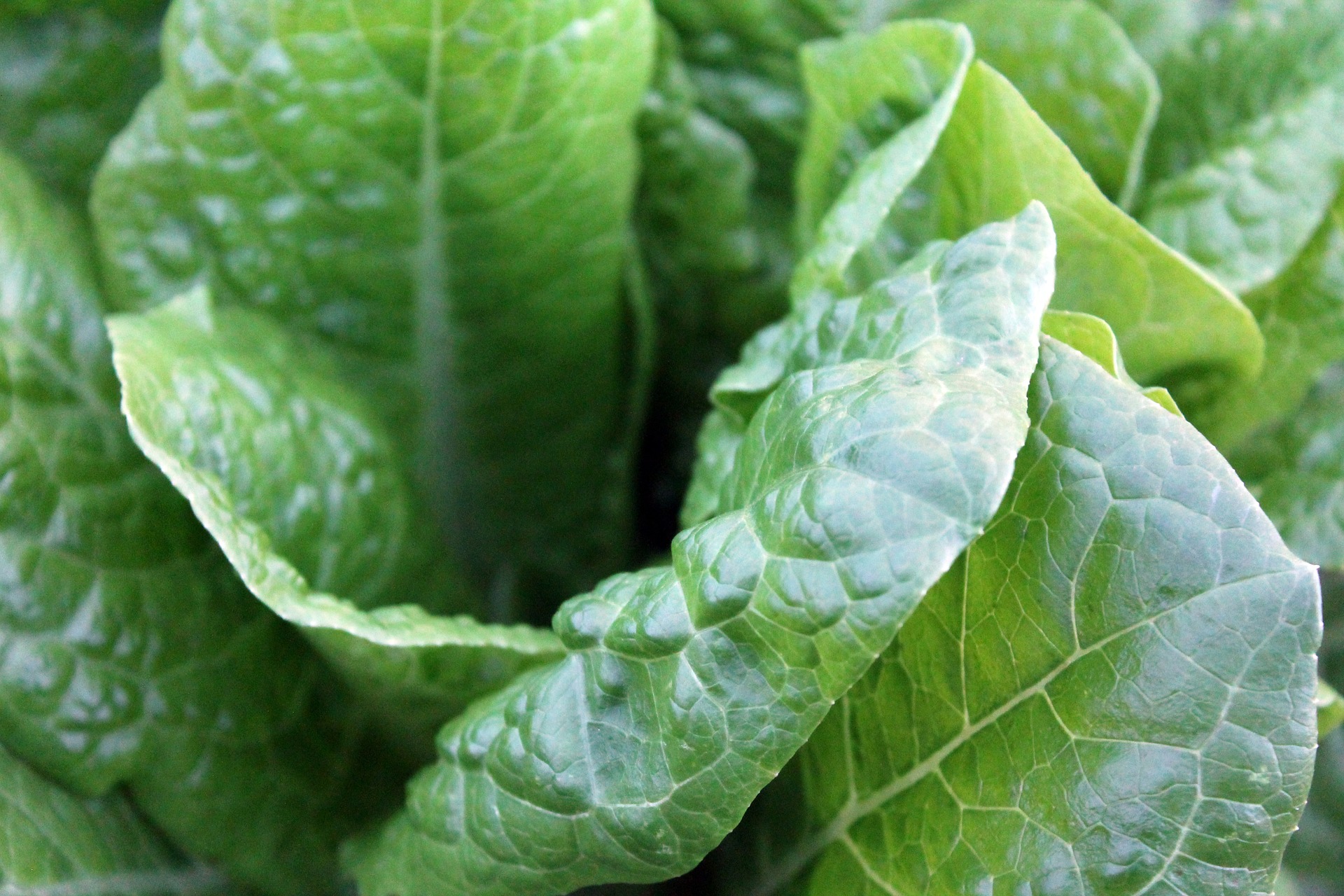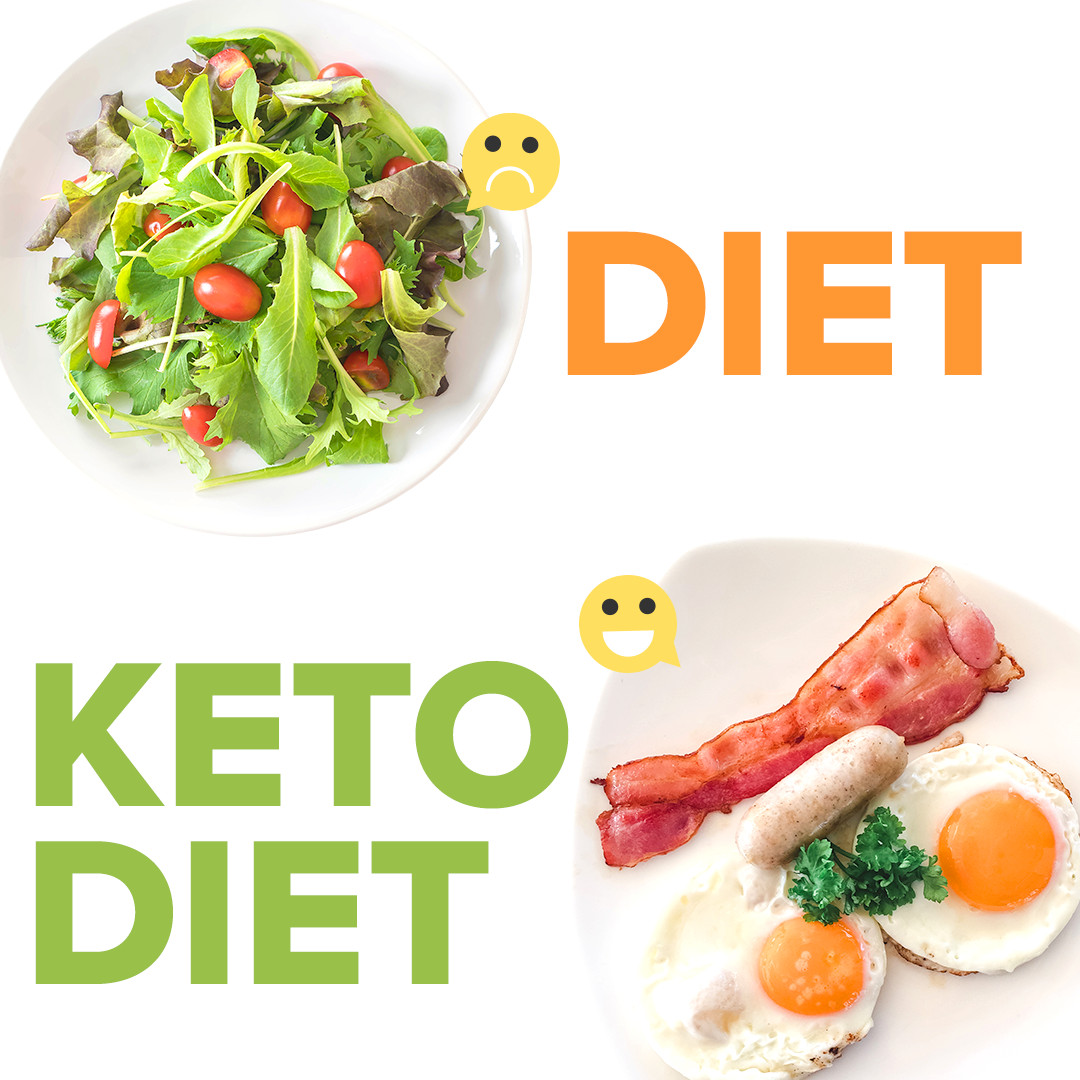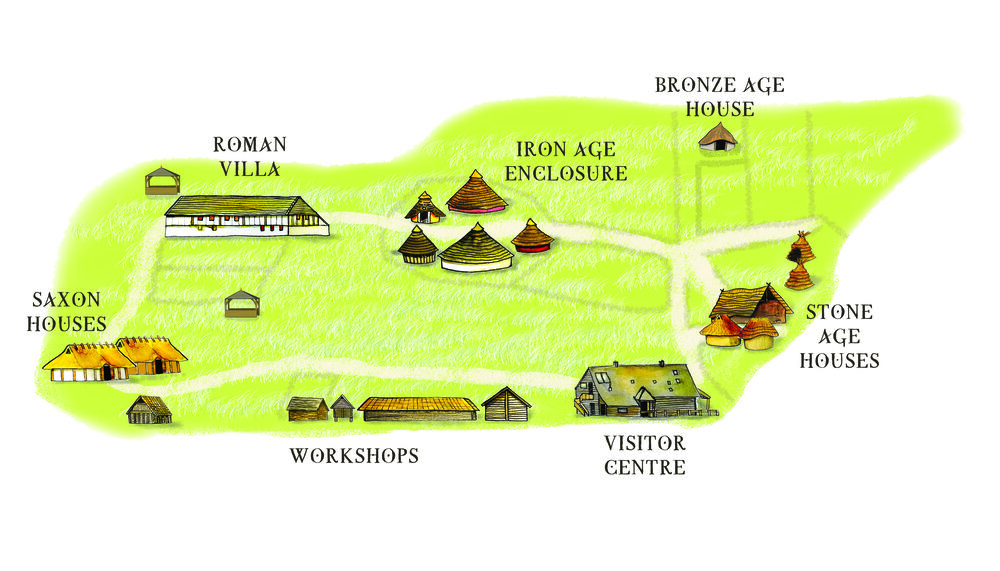The Keto Diet and Type 2 Diabetes
The ketogenic diet, or “keto” diet, is gaining in popularity, primarily because it offers a number of benefits for dieters. The foods included in the diet provide a feeling of satisfaction, which means individuals tend to eat less, and therefore, lose weight more easily. The diet can also help with a number of health problems, including type-2 diabetes, because it limits carbohydrate foods. If you have type-2 diabetes, you may be interested in a diet that can help you lose weight, as well as maintain lower blood glucose levels.

What's Involved in the Keto Diet?
The Ketogenic Diet has a goal of driving the individual’s body into a metabolic state called “ketosis.” The body begins to burn fat instead of carbohydrates, and the liver turns the fat into ketones, which provide energy to the brain. Individuals on the keto diet often report better focus and concentration, because of this effect. To force metabolic processes into ketosis, the individual must cut back on carbohydrate consumption drastically, replacing these with high-fat foods. Protein consumption is kept at a moderate level. The high-fat content of the diet allows you to consume less food, making weight loss easier.
Low-Carbohydrate Eating Helps Manage Blood Sugar Levels
Carbohydrates convert into glucose in the body, which means that consuming large quantities of foods such as grains, pasta, potatoes and starchy vegetables can lead to higher blood glucose levels and insulin resistance associated with type-2 diabetes. Research indicates a low-carbohydrate diet can help to manage blood glucose levels and allows the body to manage carbs more efficiently. The keto diet discourages carbohydrate consumption and promotes better management of blood sugar.
Increased Protein Also Helps Stabilize Blood Sugar
The keto diet also includes greater consumption of protein-containing food items, which metabolize much more slowly than carbohydrates and do contribute to insulin resistance. High protein foods can be converted into energy, without raising blood sugar levels.

Keto Diets Encourage Eating Healthy Vegetables
Instead of carbohydrate side dishes, such as potatoes and pasta, the keto diet focuses on including green, leafy vegetables, which are full of vitamins, minerals and health-promoting antioxidants. Consuming root vegetables, which are higher in carbohydrates is discouraged, and dieters are naturally steered toward lower-calorie choices.
Talk To Your Doctor Before Starting Any New Diet
If you have type-2 diabetes, your diet can have a significant effect on your blood sugar levels. Your doctor can advise you on the best type of diet to help you manage your blood sugar levels. Other issues may also come into consideration, such as whether you have impaired kidney function, high cholesterol or other health issues that may be affected by the components of the keto diet.
If you are struggling with excess pounds or have type-2 diabetes, the ketogenic diet may offer some benefits for you, in terms of fast weight loss and lower blood glucose levels. However, some diet plans may not be suitable for everyone. Discuss the keto diet with your physician to determine if its low-carbohydrate, high-fat eating is appropriate for your health requirements.


























